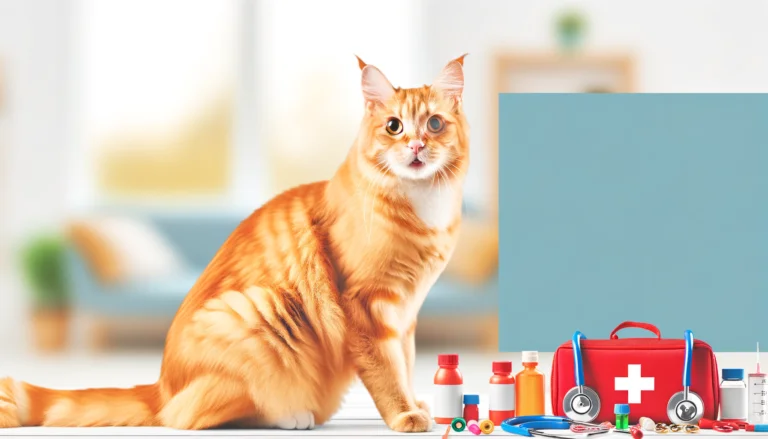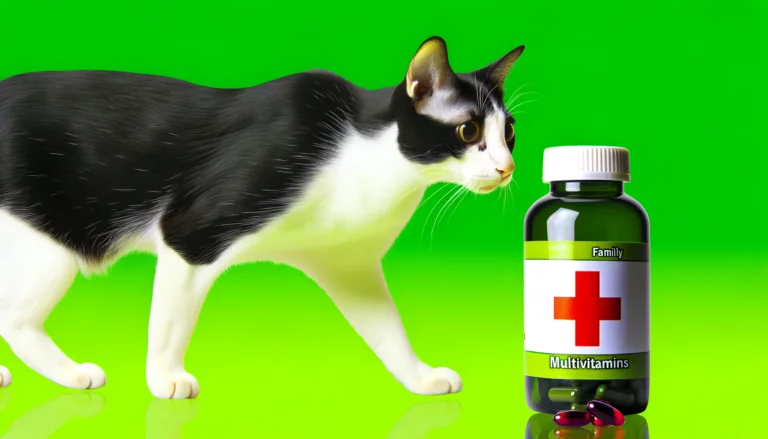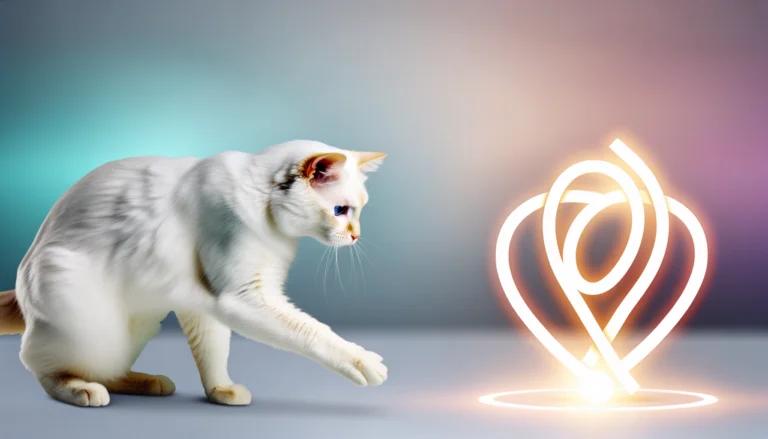Unveiling the Purr-fect Impact: How Cats Boost Mental Health
Indisputably, cats offer a noteworthy contribution to boosting mental health. Their constant companionship provides emotional support and can alleviate feelings of isolation or anxiety. Many studies have documented the soothing effect of a cat’s purring, which can offer comfort in times of distress. In fact, the simple act of petting a cat releases endorphins in the brain, promoting a sense of calmness and well-being. Cats also encourage playfulness and provide opportunities for peaceful contemplation, offering numerous mental health benefits to their owners.
Scientific Evidence: Cats and Human Mental Health

Mental health improvement offered by feline companionship is not just a charming notion but firmly backed by scientific research. A significant study conducted in 2019 reports that cat owners have lower stress levels compared to non-pet owners, which directly links to a decrease in anxiety and depression.
The same research reveals that owning a cat contributes to an increase in the release of oxytocin, popularly known as the ‘feel-good’ hormone. Increased oxytocin levels are connected to feelings of trust, serenity, and psychological stability. What’s more, feline purrs are shown to possess therapeutic properties that stimulate healing, a noteworthy detail for individuals dealing with mental health conditions.
Additionally, as per research published in 2020, people owning cats exhibit improved coping mechanisms, thereby suggesting a positive correlation between cat ownership and coping abilities. Simply put, cats offer unique emotional support, aiding individuals in better managing stress and adversity, pivoting towards a more balanced state of mind. Therefore, the adage ‘a cat is man’s best friend’ rings true for mental health too.
Real-Life Experiences: Cat Owners Share Their Stories

Every day, cat owners worldwide encounter real-life experiences that beautifully illustrate how these fluffy companions can enhance mental well-being. First-hand accounts not only tell a story but provide concrete evidence of the therapeutic effects cats can have on their humans.
A businesswoman from London shared how her tabby cat helps her manage work stress. After long meetings and looming deadlines, returning home to a purring cat curled up in her lap always managed to calm her nerves. The soothing rhythm of the cat’s purr and the warm companionship the animal offered served as a natural stress-reliever for her, helping her maintain her mental health.
In another case, a teenager from Sydney found comfort in his cat amidst the turbulent transition into adolescence. The cat’s consistent presence and his patient listening to the boy’s thoughts and worries brought about a sense of calm and understood. These emotional supports that cats provide are just a few among countless stories from satisfied cat owners, giving a promising outlook on the positive effects these pets have on humans.
Exploring the Benefits of Owning a Cat

Owning a cat can bring a myriad of benefits. One of the primary perks is companionship. Cats, with their soothing purrs and gentle nuzzles, can offer comforting presence. Apart from being an adorable playmate, cats teach their owners about empathy and responsibility without forcing interaction.
A cat’s independent nature often sets them apart from other pets. Their self-sufficiency makes them suitable for individuals with busy lifestyles who may not be able to devote as much time to a pet initially. Interestingly, their seemingly aloof demeanor often prompts their humans to seek their company, encouraging emotional connections.
Furthermore, cats require a certain degree of mental stimulation to sustain them. Engaging in play with cats, thus, can direct an individual’s attention away from stressors, leading to a general decrease in anxiety and stress levels. The benefits of owning a cat extend far beyond the joys of companionship, promising a boost in mental health.
Understanding the Role of Pets in Mental Health

Pets, notably cats, have become integral components in promoting optimal mental health. Their role in individuals’ lives has evolved beyond companionship, providing an additional layer of emotional support. People often find a serene sanctuary in the presence of their feline friends, a welcome escape from the daily stressors. Cats’ endearing demeanor serves as a calming influence, fostering solitude and mitigating feelings of isolation and despair.
Similarly, the physical interactions, such as stroking a cat or engaging in playful activities, release serotonin and dopamine, neurotransmitters within the human brain that influence moods. They stimulate feelings of happiness and tranquility, effectively combating the symptoms of stress, anxiety, and other mood disorders. Connection to our feline companions can thus offer a therapeutic effect, providing an innate sense of well-being and emotional stability.
Moreover, a cat’s routine necessitates regular care and attention which instills a sense of responsibility and purpose in the owners. This, in turn, promotes mental resilience, compassion, and builds self-esteem. Cannily, cats offer an uncomplicated relationship where the bot, often cathartic, aspects of care and reciprocity operate. This unconditional bond forms a non-judgmental space for individuals navigating through mental health challenges offering not just companionship but also a confidant.
Conclusion
Through the powerful bond between cats and their owners, the impact on mental health is undeniable. From providing companionship to reducing stress and anxiety, these feline friends have a purr-fect way of boosting overall well-being.
As we continue to unveil the positive effects of cats on mental health, it is evident that their presence brings a sense of calm and comfort to those in need. Embracing the therapeutic benefits of these four-legged companions can truly make a difference in one’s mental and emotional state.






